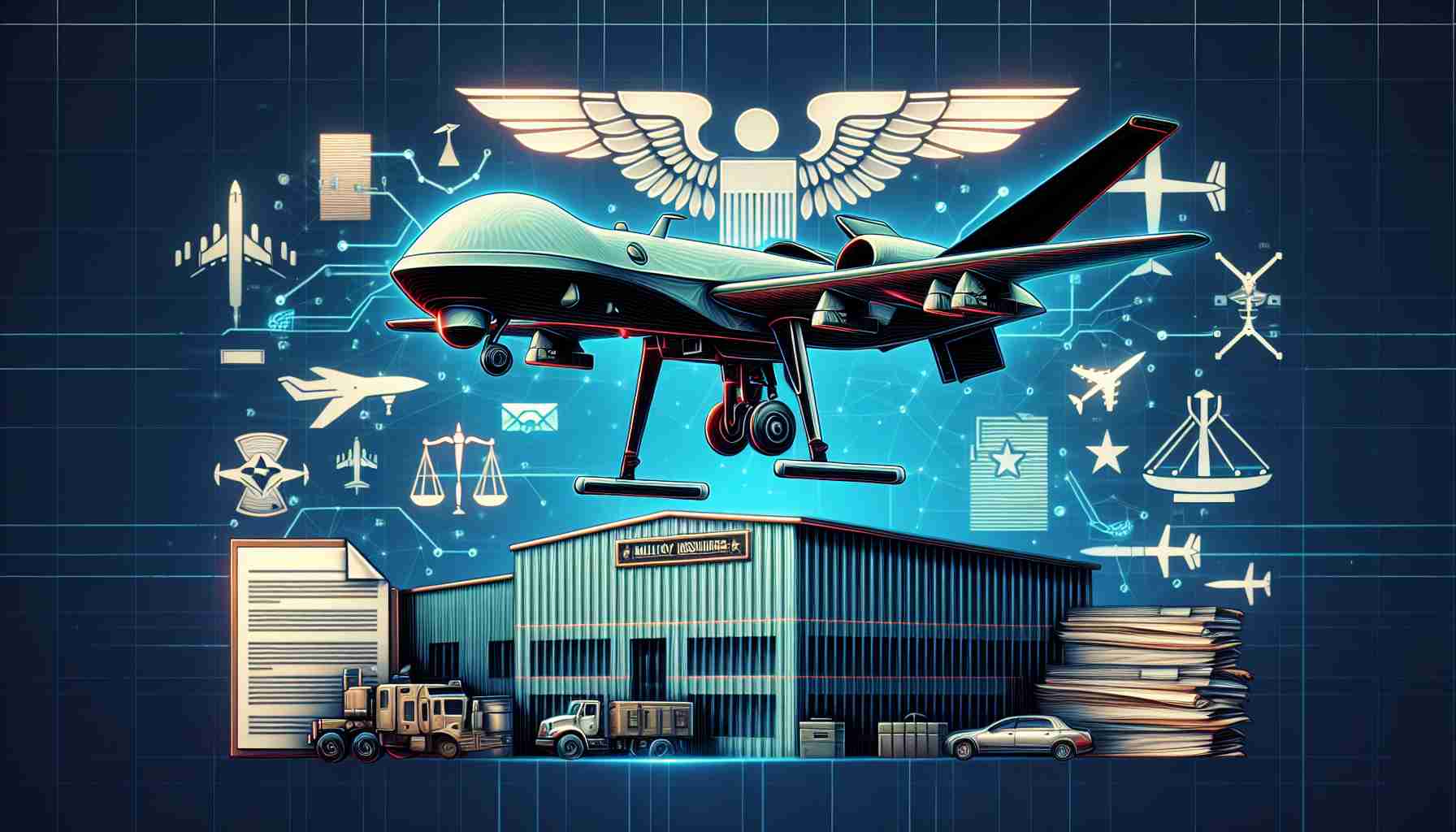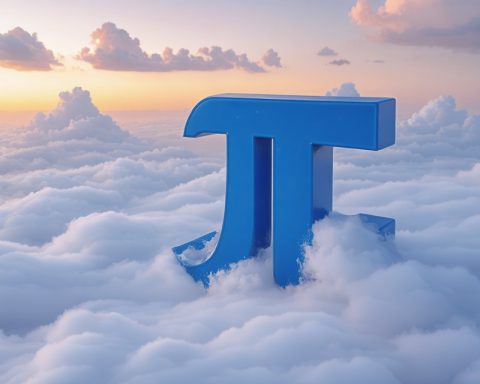DJI, a leading drone manufacturer, has initiated a lawsuit against the U.S. Department of Defense (DoD) after being classified as a “Chinese military company.” The company argues that it does not have any military affiliations, stating it is a major player in the consumer and commercial drone markets, providing technology primarily utilized by first responders and various industries.
Asserting that the Pentagon’s classification has caused significant financial and reputational damage, DJI reported losses in business opportunities as contracts with U.S. clients were canceled, and new contracts were refused. Additionally, the designation barred the company from engaging with several federal agencies.
Despite attempts to resolve the issue through dialogue with the DoD for over 16 months, including a formal petition to reverse the designation submitted in July 2023, DJI claims the DoD has failed to respond adequately or provide clear reasoning behind its actions. The department allegedly only offered a detailed explanation after DJI announced its intention to pursue legal assistance.
In its legal complaint, DJI contends that the DoD’s actions lack sufficient evidence, suggesting that the agency misinterpreted names and relied on outdated information. The company is seeking a court ruling that would deem the DoD’s designation unconstitutional, emphasizing that it infringes on their legal rights and due process protections.
This ongoing saga reflects DJI’s complicated relationship with U.S. regulatory bodies, as it has faced multiple sanctions over alleged ties to surveillance activities and accusations involving forced labor in China.
DJI Takes Legal Action Against Pentagon Over Military Designation
In a significant legal battle, DJI, a prominent drone manufacturer based in China, has officially filed a lawsuit against the U.S. Department of Defense (DoD) challenging its designation as a “Chinese military company.” This designation has far-reaching implications for the company’s operations within the United States, impacting both its reputation and its financial stability.
Context and Background
DJI is widely recognized as a leader in both consumer and commercial drone technology, with applications ranging from recreational photography to emergency response efforts. The company’s drones have been utilized by various sectors, including agriculture, construction, and disaster management. However, the recent classification by the DoD has raised significant concerns about the broader implications of geopolitical tensions on international business practices.
Key Questions and Answers
1. What specific legal grounds is DJI using in its lawsuit?
DJI argues that the DoD’s designation lacks substantive evidence, claiming it is based on misinterpretations and outdated information regarding the company’s operations. They seek a court decision declaring the designation unconstitutional, citing violations of their rights to due process.
2. How has this designation affected DJI’s business operations?
Since the classification, DJI has reported substantial financial losses due to the cancellation of existing contracts and the rejection of new business opportunities with federal and state entities. This has led to a decline in their market share within the U.S. drone industry.
3. What are the implications for U.S. businesses that use DJI products?
U.S. businesses that rely on DJI drones for various applications may face increased scrutiny and potential legal challenges. This could hinder innovation and the adoption of advanced drone technologies in sectors that could benefit from DJI’s offerings.
Key Challenges and Controversies
The lawsuit exemplifies a broader challenge faced by foreign technology companies operating in the U.S. The growing distrust of Chinese technology firms, driven by national security concerns, complicates international commercial relations. Furthermore, the situation is exacerbated by ongoing geopolitical tensions that can influence regulatory decisions.
– Public Safety vs. National Security: The ethical debate surrounding public safety and national security is prominent in this issue. While agencies advocate for security measures, drone technology has proven beneficial in emergency response scenarios.
– Impact on Innovation: The barriers to entry for companies like DJI can stifle innovation in the drone industry, limiting advancements that could address critical societal needs.
Advantages and Disadvantages
Advantages of DJI’s Lawsuit:
– Potential for Clarification: The legal action may force greater transparency and accountability from the DoD regarding its classification process.
– Promotion of Fair Business Practices: Challenging the designation could foster an environment where foreign companies can operate without undue bias.
Disadvantages of DJI’s Lawsuit:
– Ongoing Scrutiny: Legal proceedings may prolong scrutiny of DJI and impact its operations for an extended period.
– Reputation Damage: Continued allegations related to national security could damage DJI’s reputation and business prospects even further.
Conclusion
As the legal proceedings unfold, observers will monitor how this case might influence the future landscape of drone manufacturing and foreign business operations in the United States. The outcome could set a precedent for similar cases involving multinational companies facing scrutiny for their international affiliations.
For those interested in further developments regarding DJI and technology policies, you can find more information at DJI.









